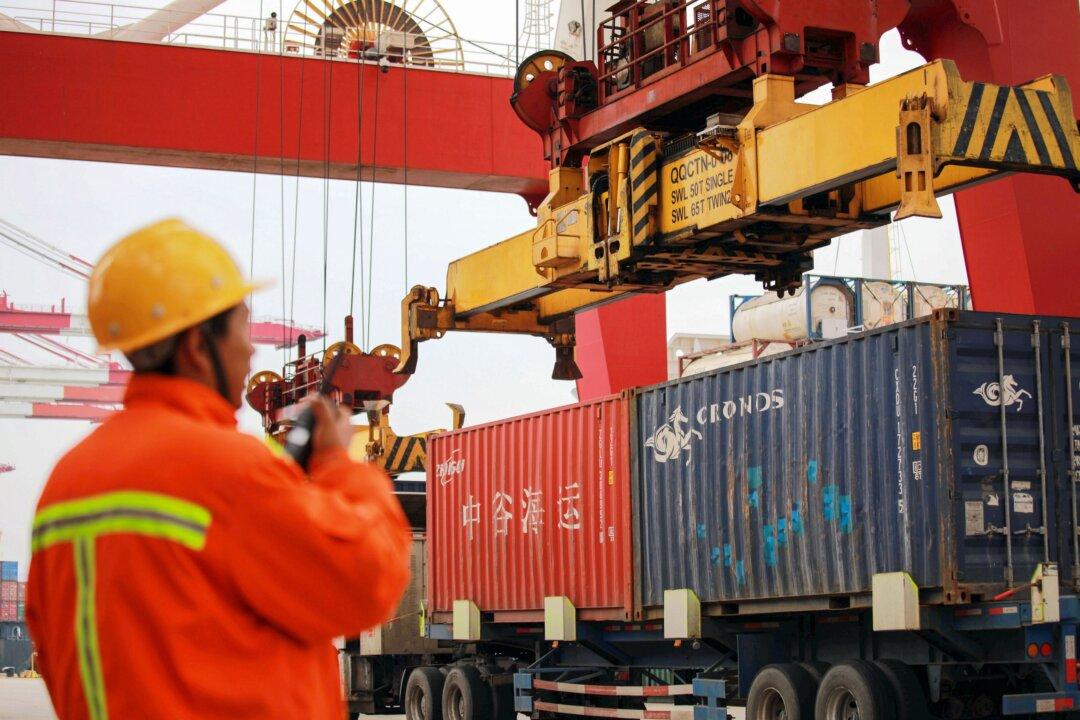China experts say that in the face of crippling tariffs and other restrictions that the Trump administration has imposed on Beijing, its communist leadership is under immense pressure to give in to some demands.
Even so, a former professor at a Beijing university, who now lives in Washington, cited a high-ranking Chinese official as saying that Chinese leader Xi Jinping won’t back down in the trade war.





